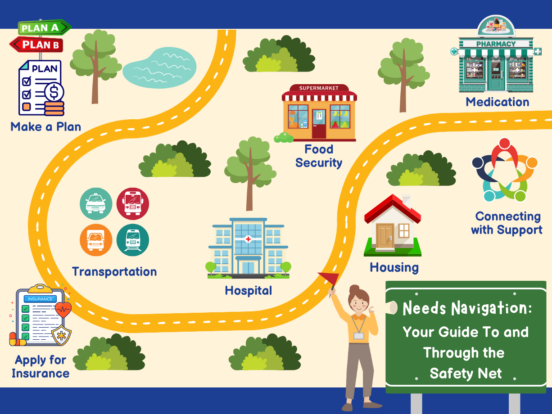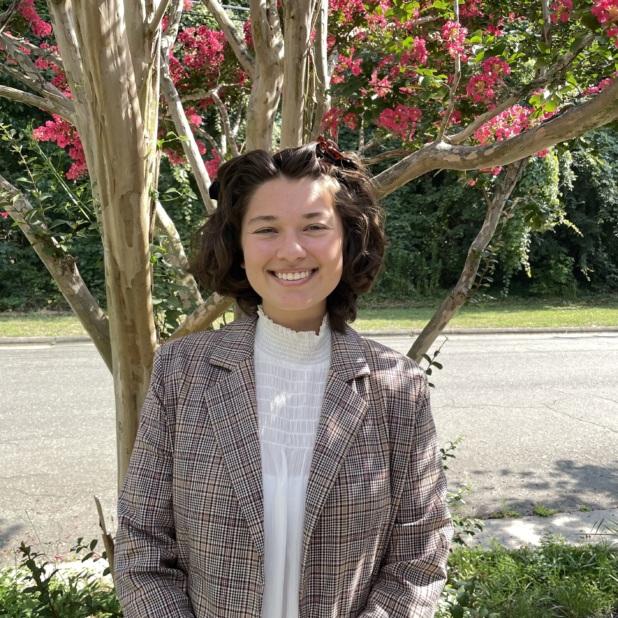Needs Navigation

Morgan Paik is pursuing their Master of Public Health at University of North Carolina Gilling's School of Public Health.
Morgan Paik is a second year MPH candidate at the University of North Carolina’s Gillings School of Public Health. Their focuses are in disability studies and disability rights policy.
July marks Disability Pride Month, and as a disabled person beginning to work in advocacy and grassroots, I’ve spent much of this month reflecting on the value of community to the disability rights movement and disabled individuals. This is an area I often find myself thinking about, as community — and the lack thereof — has had a large impact on my own experience and how I navigate the healthcare system, as well as other areas of my life such as academics and social spaces.
When I entered college in 2018, I knew no other disabled or chronically ill people. I felt alone and isolated from my peers, simply due to my existence being different than theirs. Of course, what I learned over the years was that there were other disabled people around me, but I simply did not realize this because we’ve been encouraged for too long to hide our disabilities and not speak about our experiences. But as a college freshman, I was in a new place, with different hospitals than I was used to, and hours from my support system (my mom). When I had questions about navigating the healthcare system and academics, I did not know who to ask. I felt embarrassed to constantly call my mom or show healthcare workers my confusion because it seemed to me like everyone around me already knew everything about the healthcare system and I had missed that lesson. When I felt alone in my experiences and misunderstood by my able-bodied friends, I did not know who to turn to. Eventually, though, I met other disabled and chronically ill people and soon began to realize how important the disability community can be, especially in a pivotal moment in life such as this, when young adults are learning how to navigate the healthcare system on their own and are away from their support systems.
Community became key for my wellbeing in college and led me to create a support group for other disabled and chronically ill students. It was in this space that we valued and encouraged knowledge sharing—offering resources and advice to each other—and held space for each other’s experiences. This space showed me how many other disabled and chronically ill students there were at my small school and made me realize why so many of us go unnoticed by each other. Meeting once a week and creating resources on the healthcare system in our state became an act of empowerment, because we were no longer silent in our misunderstanding or in our experiences. We encouraged each other to ask questions, and this led to us being better able to navigate college life and healthcare.
This experience in college made me realize how disabled people are often informed about so little, the systems we must navigate are extremely confusing, and how many people struggle to get the help they need, simply because they do not know who to turn to for help. I have been able to see this through my work with NPAF and learning about Needs Navigation, as I have seen how this happens on a much larger scale than in a college setting. At NPAF, I learned about the necessity for Needs Navigation because of how many people find difficulty in accessing their needs and not knowing who to turn to for help. I saw this through listening to the NPAF policy team speak about their interactions with volunteers and patients, as well as by reading the Needs Navigation white paper. My time at NPAF has increased my understanding of how knowledge sharing and community building can be an act of empowerment for disabled and chronically ill people and how both are vital to creating a more inclusive healthcare space. Going forward, I hope to spend more time investigating what solutions can bring this type of knowledge sharing and community building into the policy sphere.
